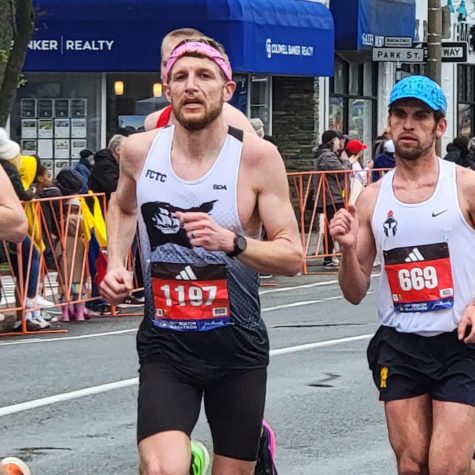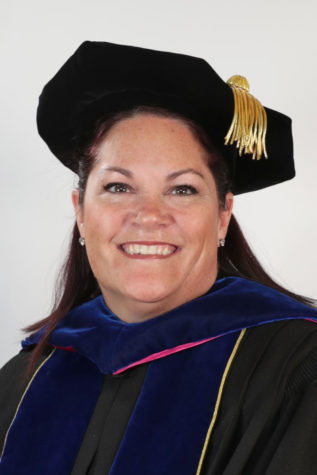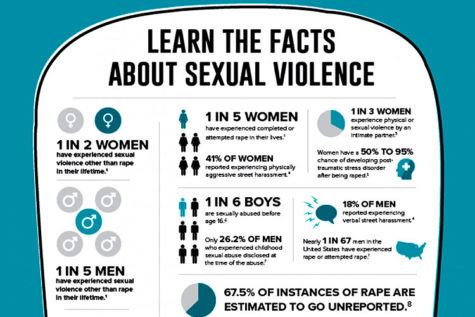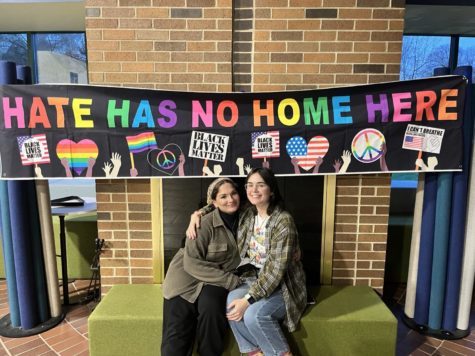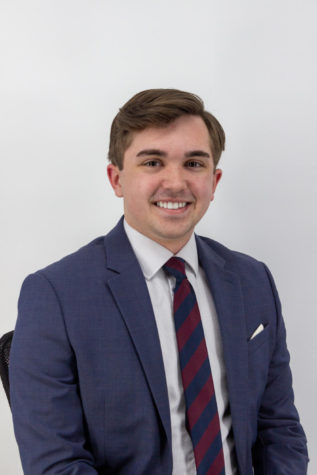Hurst Class Catalog: American Political Activism
February 23, 2022
Are you interested in our nation’s activism movements? Do you have a passion for helping others or want to help change the world? If so, then you may be interested in American Political Activism (POLI-150).American Political Activism is a course in the Political Science Department designed to explore political activism in America. Taught by Eric T. Wagner Ph.D., this course combines interests from historical contexts and links them to the current and past activism movements in our country.
“What I like most about teaching the course is exploring the different types of activism in our political system and the variety of ways activism can occur,” said Wagner. “Activism is not a ‘one size fits all’ process. For me, it is interesting to examine how political opportunities are leveraged to advance a particular cause, all while working within the institutional framework of the American political system.”
Wagner has split the course in half with the first half of the semester focusing on students observing how the media has taken on a large role in the movements and events that are valuable to activism in our country. The remainder of the semester is set to focus on the psychological side of activism which is community organizing and civil disobedience. Wagner teaches this course with intentions of students gaining a broader understanding of what political activism is, as well as the history of activism in America.
“I hope that students get an understanding of the rich, yet complex, historical nature of activism in our country,” said Wagner. “Whether it is the women’s suffrage movement, the Civil Rights Movement, or the anti-nuclear movement, we are always building on the work and efforts of those who came before us.” Wagner adds that he is excited about the course and has been teaching the course for six years – although he is new to the Erie campus, having transferred here in 2021. Prior to his transfer, Wagner previously taught at the North East campus for six years.
“I find the content of the course to be rich and diverse. I am excited to explore this literature with the class,” said Wagner. “As such, I am always motivated and inspired to deliver the best class that I can deliver each day.” Students can expect to come to class and participate in engaging lectures and read course material that is both interesting and educational. Some examples of the literature that students can expect to read for this course include the Federalist papers and David S. Meyer, among many others interesting readings. As of now, the course has examined the role of activism in Colonial America and the earlier roots of how activism has evolved to where it is today. The class is now working on the logistics of activism, which is teaching students the practices and strategies for effective activism, as well as explaining how activism is split between who is involved in a case versus who is not. Looking ahead, the course is working towards an entire unit dedicated to media control and a section discussing Extreme Political Action, or EPA for short.
This course is very useful given the chaotic political climate we are currently living in. If you are looking to learn all about activism and how it determines much of how the movements and events turn out, consider putting POLI 150 on your schedule the next time is offered.


